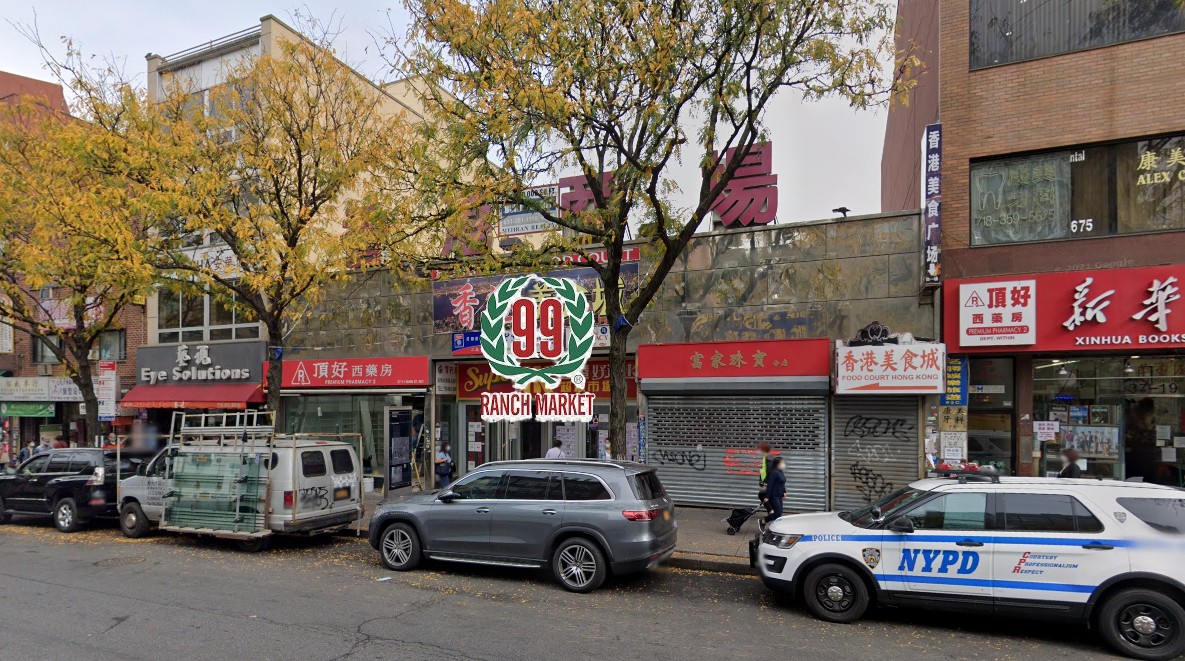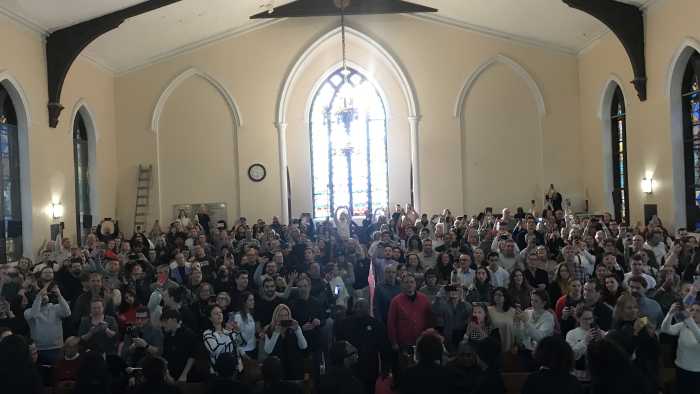
The astonishing benefits of volunteering have been repeatedly researched, documented and hailed.
Volunteers enjoy better health, have longer life spans, a greater sense of connectedness and trust, more optimism and self-esteem, and, if they’re unemployed, a 27% greater chance of finding paid work within a year than those who don’t according to the Corporation for National & Community Service.
So why is our volunteer army in such a sad shape nationally and locally?
The U.S. Dept. of Labor concluded in a recent study that the “volunteering rate” declined 1.1% in 2013 to 25.4% — the lowest rate since 2002.
Nationwide, New Yorkers are some of the least officially charitable people: We ranked 49th out of 51 metropolitan areas on “volunteer rates,” according to new research by the Corporation for National & Community Service. Why? High poverty rates and population density; long commutes; and low home ownership and educational levels all adversely affectthe level of charitable acts in a metropolis. Too, NYC exalts (or demands) workaholism, which can deplete the time people have for altruistic endeavors, experts say.
But things aren’t as bleak as they appear, assured Gary Bagley, executive director of New York Cares, the city’s largest volunteer management organization. “Our numbers are holding steady,” as New York Cares orients 17,000 new volunteers a year, with 70% of the newbies under age 35, Bagley said. New Yorkers are also more likely to give their time to others in informal, unrecognized ways, he noted: “The word ‘volunteer’ often does not resonate with them,” but many help neighbors or give time to community groups such as a PTA or block association informally and without oversight, Bagley said.






































